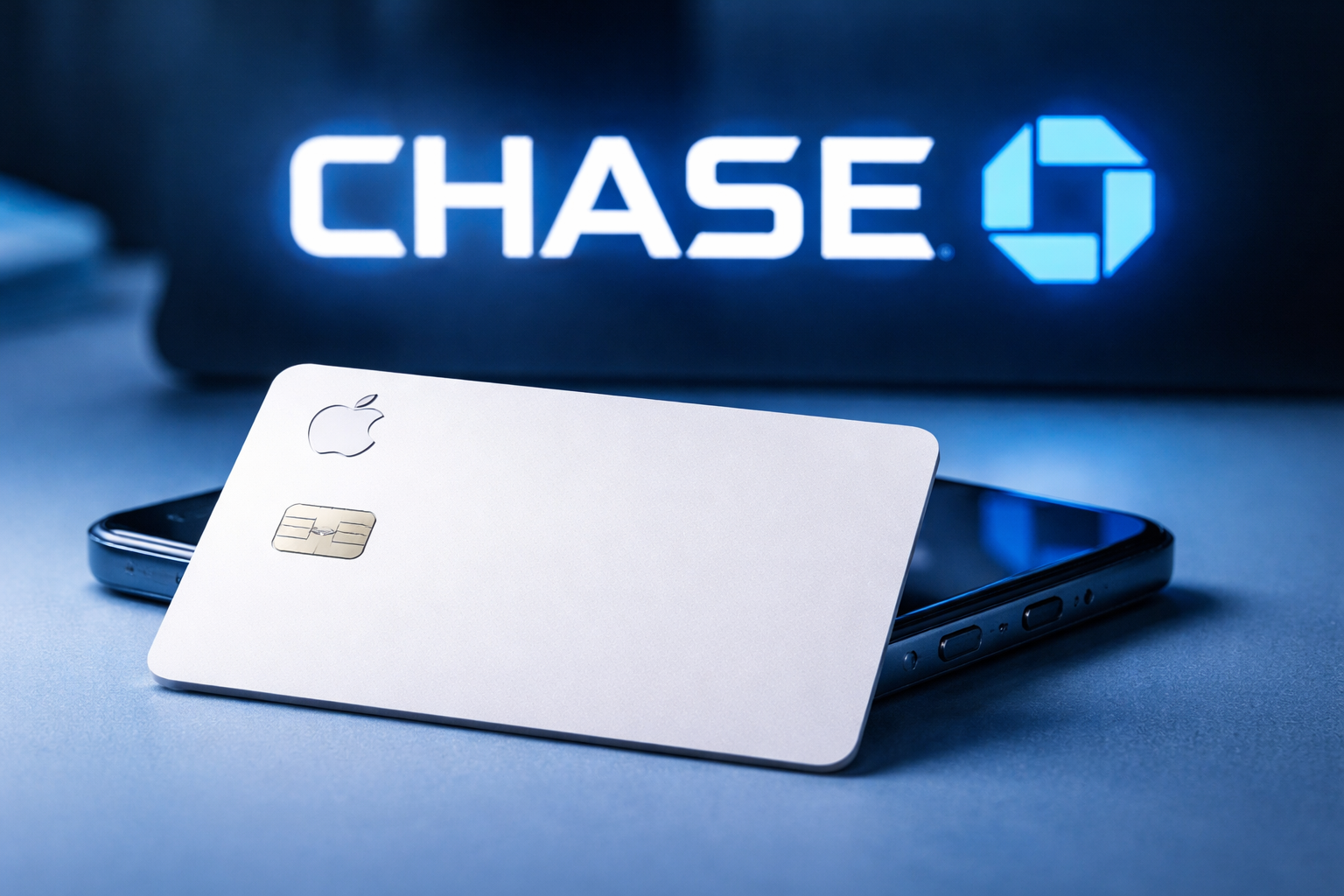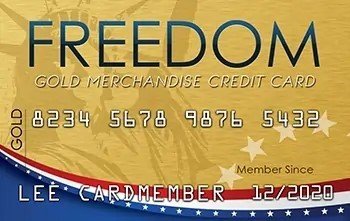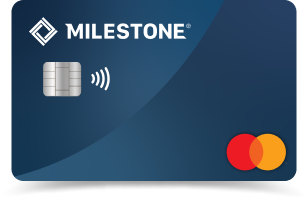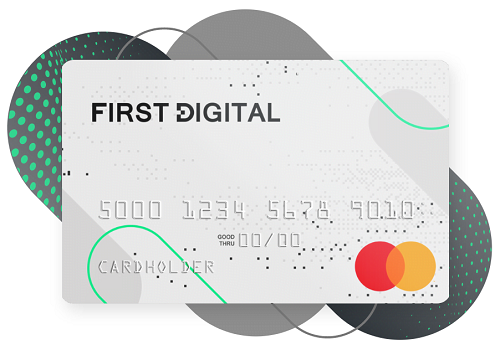Are you a college student wondering how to get a credit card without a job or someone willing to cosign? You’re not alone! This challenge affects thousands of students looking to build credit while still in school. The good news? It’s absolutely possible to get approved – even without traditional employment or a willing cosigner. This guide will show you exactly how to navigate the approval process in 2025.
What Are Student Credit Cards and How Do They Work?
Student credit cards are specifically designed for college students with limited or no credit history. Unlike regular credit cards, they feature:
- Lower barriers to entry – Easier approval for those with no credit history
- Lower credit limits – Typically starting at $300-$1,000
- Educational resources – Tools to learn about credit management
- Student-focused rewards – Cash back on common student expenses
- No or low annual fees – Keeping costs manageable while in school
According to our research, student cards function just like regular credit cards, providing a revolving line of credit that you can use for purchases and repay over time. The key difference is that they’re tailored to the needs and financial situations of students.
Can I Really Get a Student Credit Card Without a Job or Cosigner?
Yes, you can! While card issuers need to verify you can repay what you borrow, “income” doesn’t necessarily mean a traditional job. Here’s what you need to know:
What Counts as “Income” for Student Credit Card Applications
The Credit CARD Act established different rules based on your age:
If you’re 18-20 years old, you can include:
- Financial aid (money left after tuition and housing)
- Scholarships and grants (remaining funds after expenses)
- Regular allowance from parents or family
- Work-study program earnings
- Part-time or gig work income
- Regular deposits to your bank account
If you’re 21 or older, you can also include:
- Household income (including spouse or partner’s income)
- Income to which you have reasonable access
As our research revealed: “If you can’t show proof of income, it won’t be possible to qualify for a student credit card. But that doesn’t necessarily mean you need a job.”
The Cosigner Situation in 2025
Most major credit card companies no longer accept cosigners. According to our findings: “While some credit card companies permit a cosigner, which can be a parent or guardian, to help a student under 21 qualify for a card, this practice is not the standard.”
This actually makes your situation more common than you might think – even students with willing parents often can’t use a cosigner!
Application Tips to Maximize Your Approval Chances
Follow these strategies to improve your odds of approval:
1. Document all income sources
- Include financial aid refunds, allowances, and any part-time work
- Be prepared with documentation like bank statements showing regular deposits
2. Apply where you already bank
- Having an existing relationship with a bank increases approval odds
- Your banking history provides additional information about your financial habits
3. Check your credit report first
- Even with no credit history, check for errors that could hurt your chances
- Free reports are available at AnnualCreditReport.com
-
4. Start with pre-qualification
- Many issuers offer pre-qualification tools that won’t affect your credit score
- This helps identify cards you’re likely to be approved for
-
-
5. Apply for one card at a time
- Multiple applications create multiple hard inquiries on your credit report
- Wait at least 3-6 months between applications if denied
-
-
As our research noted: “Your best bet is waiting a bit, then applying for a credit card at the bank where you have your primary checking account. If you get declined, call their reconsideration line (you should always do this when you get declined) and talk through the decision to see if they’ll change their minds.”
What To Do If You Can’t Get Approved
If traditional student cards aren’t working out, you have excellent alternatives:
1. Secured Credit Cards
Secured cards are specifically designed for people with no credit history:
- How they work: You provide a security deposit (typically $200-$500) that becomes your credit limit
- Benefits: Much easier approval, builds credit just like a regular card
- Graduation potential: Many secured cards review your account after 6-12 months of responsible use and may return your deposit and upgrade you to a regular card
Top options: Discover it® Secured Credit Card, Capital One Platinum Secured
2. Become an Authorized User
This strategy lets you piggyback on someone else’s good credit:
- Ask a parent or trusted person to add you to their existing credit card
- Their payment history helps build your credit profile
- You’ll get a card with your name but aren’t legally responsible for payments
- Most major card issuers report authorized user activity to credit bureaus
As our research highlights: “You can build credit as a college student by signing up for a student credit card or a secured credit card on your own, or you can try to find someone to be a co-signer for you. You could also ask to become an authorized user on someone else’s account.”
The best cards to become an authorized user on to build credit quickly are Discover and American Express cards. It’s important to note that piggybacking only helps build your credit if you’re added to a personal credit card—not a business one.
3. Credit Builder Loans
An alternative to credit cards entirely:
- Small loan where payments are held in a savings account until fully paid
- Once completed, you receive the money plus interest
- Builds positive payment history with each on-time payment
- Available through credit unions and online lenders
4. Paying Rent Through Bilt Rewards
Paying rent through Bilt Rewards—with or without the Bilt World Elite Mastercard® issued by Wells Fargo—can help build your credit. Bilt reports your on-time rent payments to the major credit bureaus (Experian, Equifax, and TransUnion), helping you establish credit history even if your landlord doesn’t accept credit cards.
Common Questions About Student Credit Card Approval
Can I get a credit card with absolutely no income?
While challenging, you need to show some form of income or financial resource. Financial aid, scholarships, or allowances from parents can qualify as income for card applications.
Why can’t I get approved for a student credit card?
According to our research: “If you keep getting denied a student credit card due to too many student loans, for instance, it may be a debt-to-income reason. You might have too much debt for the amount of income you bring in. It’s how lenders measure the ability to repay money borrowed.”
Are student credit cards hard to get?
Our research indicates: “College students often have little to no credit history, so it can be difficult for them to qualify for traditional credit cards. Because student cards are generally more accessible to those with little or no prior credit experience, they can be a good option for first-time or inexperienced cardholders.”
Can international students get credit cards?
Yes, but with additional challenges. International students should consider secured cards or student-focused products that don’t require a Social Security number.
Does a student card build credit?
Absolutely! Our research confirms: “A student credit card can help you build a credit history, but only if used responsibly. Student credit cards are often designed for individuals with limited or no credit history, allowing them to start building their credit profile.”
Responsible usage is key to building credit. One of the most important factors is keeping your credit utilization low—ideally below 30%, and if possible, under 10% of your credit limit.
Final Thoughts: Starting Your Credit Journey
Getting approved for a student credit card without traditional income or a cosigner is definitely achievable in 2025. By understanding what qualifies as income, preparing thoroughly for your application, and considering alternatives like secured cards, you can begin building your credit history while still in school.
Remember that the goal isn’t just getting approved—it’s building strong credit habits that will benefit you for decades to come. In our companion article, “Best Student Credit Cards for No-Income Applicants in 2025,” we dive into the top card options and strategies for maximizing your new card

Disclaimer: Credit card terms and conditions are subject to change. The information in this article is accurate as of May 2025. This article contains affiliate links, which means thecardsguy.com may receive a commission if you apply through these links.























6 thoughts on “How to Get Approved for a Student Credit Card Without a Job or Cosigner in 2025”
Pingback: Best Student Credit Cards for No-Income Applicants in 2025: Complete Guide - The Cards Guy
I’m touched. Keep up the great work.
Hello there! I could have sworn I’ve been to this blog before but after checking through some of the post I realized it’s new to me.Anyways, I’m definitely glad I found it and I’ll be bookmarking and checking back frequently!
I’ve been surfing online more than 3 hours today, yet I never found any interesting article like yours. It’s pretty worth enough for me. Personally, if all webmasters and bloggers made good content as you did, the web will be much more useful than ever before.
Pretty! This has been an incredibly wonderful post. Thank you for providing this information.
Please give positive reviews on Trustpilot